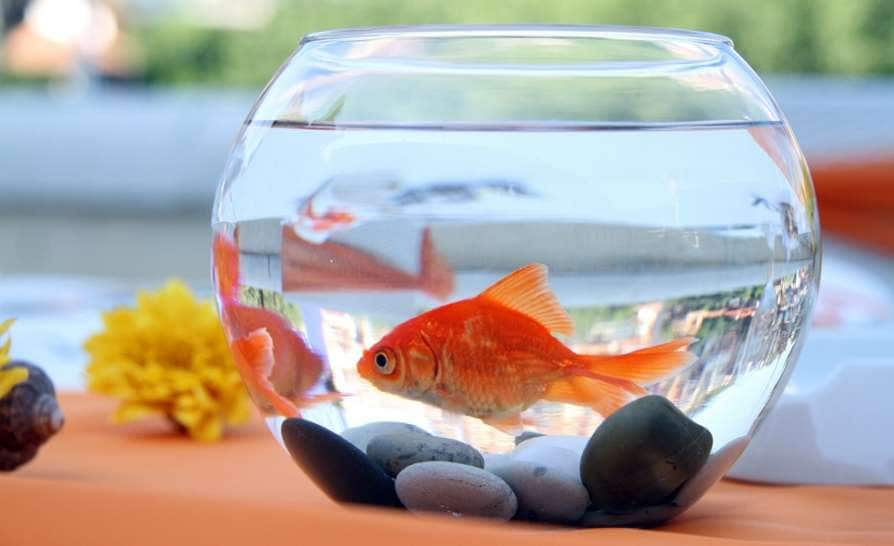An aquarium is a container or an artificial pond where aquatic animals and plants are kept. It is also said to be something that frees our homes from evil. According to Adam of kingsoftheaquarium.com, it promotes a calming ambiance at home that can help someone release stress. With different fishes and aquatic plants, it can make us feel relaxed every time we see it. But, how does it feel to have music or sound in an aquarium? Is it good or bad for the aquatic animals living inside it?
This article contains details about the hearing ability of fish. It includes the effects of sound or music in every kind of fish and the factors that affect their reaction to the different types of music or sound. Besides, the information below can also help you take care of and set your aquarium in the proper places.
Do fish have a sense of hearing?
Sound can be considered an essential source of information for aquatic animals, either vertebrates or invertebrates living in the underwater world. Fish can determine whether the sound or music is airborne or waterborne. They have evolved sensory mechanisms for detecting, localizing, and interpreting many of these sounds. A basic example of a vertebrate aquatic animal is fish.
Fish have two independent but related sensory systems that can detect sounds.

Inner ear
Fishes have the same density as water. That is why sound passes right through their bodies which move from traveling sound waves. They have these structures called otoliths which are made up of calcium carbonate, and their size and shape are very variable among species.
Lateral Line System
Fishes used the lateral line system to detect unidirectional flows and vibrations at short range, with the body lengths and low frequencies between one or two creatures.
How do fish respond to sound or music?
The study says that sound can travel faster and over longer distances in water rather than in air. That is why fish can pick up distant information about their predators, food sources, or even sounds related to their reproduction behavior in the species. And fish can determine where the sound is coming from, whether it is waterborne or airborne.
Loud sounds or music will scare fish. But in comparison with random sounds, which tend to irritate and create a fright reaction in fish, music can attract fish to its primary source as long as the noise isn’t too loud. So, music is better than sounds.
Factors determining the effects of sound in fish
Sound Intensity
Fish can detect lower-frequency sounds than high because they travel faster and for longer distances. But loud sounds are amplified and transferred more quickly in water than they are in the air.
Type of sound or music
Fish can distinguish different kinds of music. For them, sound has been proposed as a way of decreasing stress in fish culture. Moreover, consistently playing music to fish growing systems enhances fish adaptation to its environment.

Size of fish
The smaller the fish is, the more it can be scared of loud music. Larger fishes may react to a loud sound, thinking it’s a potential threat and mount an attack, and they can ignore it as something not harmful. It is because the fish feel water pressure vibration and changes through their skin.
The depth of the water
Fishes in both deep and shallow marine water indicate that deepwater fishes would not detect loud sounds from the water’s surface. However, the sound is better seen by fish in shallow waters.
Conclusion
We conclude that it doesn’t matter whether it is music or another form of sound because loud sounds impact startling fish that may be quickly forgotten and allow them to resume their normal movement and behavior inside the water. In comparison, music has been said to establish a stress-reducing factor in aquaculture that helps fish to adapt better to their environment.
Please, do enjoy having an aquarium at home that will make you feel relaxed. The above information can serve as your guidelines to understand more about your fish pets. So take this chance to relate with them. We hope that you learn from this article.
For further questions and concerns, you can visit us, and we will help you with that matter. Thank you, and have a great day!
